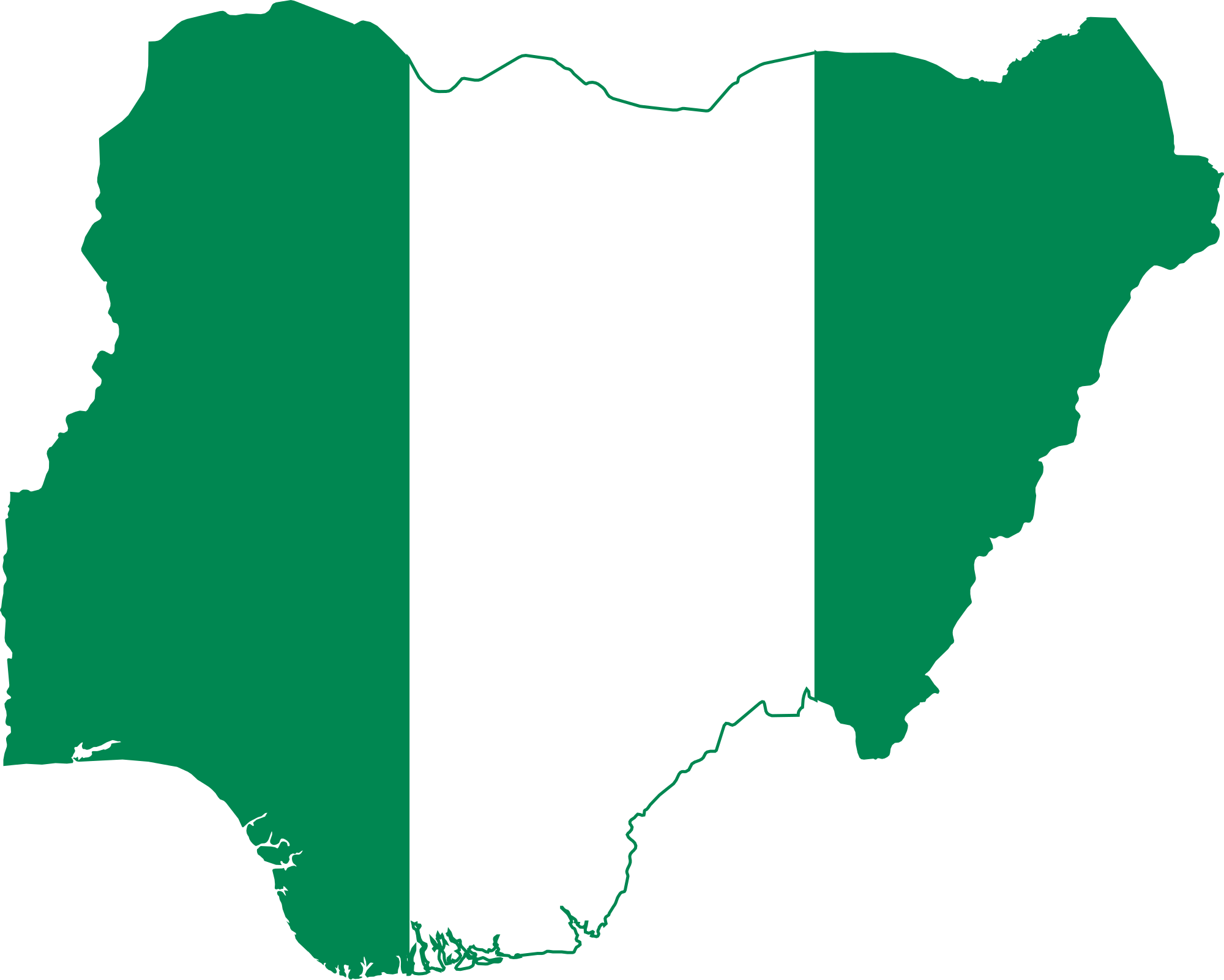
The House of Representatives committee on the review of the constitution has received a proposal to rename Nigeria to the “United Africans Republic (UAR)”.
The National Assembly is currently in the process of altering the constitution and making amendments to it.
The proposal for the change of the country’s name was submitted to the committee by Adeleye Jokotoye, a tax consultant in Lagos state, on Wednesday.
In his submission, Jokotoye said the name — Nigeria — was not coined by a citizen but given to the country by Flora Shaw, wife of Lord Lugard, a colonialist.
He argued that for the country to be united, its name needs to be changed, adding that it will foster peace among citizens.
“First and foremost, I want to recommend a name change from Nigeria to the United Africans Republic (UAR),” the proposal reads.
“The significance of name change cannot be overemphasised. Even God our father, in the Holy books, changed names of prophets e.g. Saul to Paul, Jacob to Israel, etc. The reason for name change is to physically and psychologically reflect a new beginning.
Thus, at this crossroads in our history, it is mandatory that we change our name to reflect a new beginning which will be ushered in with a new constitution. The word ‘Africa’ is a Greek word meaning ‘Without Cold’. Africa was originally called ‘Alkebulan’, meaning ‘Mother of Mankind’ (Garden of Eden).
“Alkebulan is the oldest and the only word of indigenous origin used by Moors, Nubians and Ethiopians. So, if we like, we can go a step further and name our nation, United Alkebulan Republic (meaning ‘United Mother of Mankind Republic).”
Jokotoye also proposed changes to the structure of some government agencies in the country.
“The new constitution should also give room for continuous review as and when due, and future referendum if required also want to suggest the following,” he said.
The offices of the chief justice, police, service chiefs and INEC should never be appointed by the executive.
“The constitution should provide for a council for each of these offices where six members from each geo-political zone will be represented to take collective unanimous decisions for the office, instead of one man holding all the powers of the office.
“These council members will attain the position by seniority and numbers of years in service, and they will each need a department in the service as well as being council members.”
